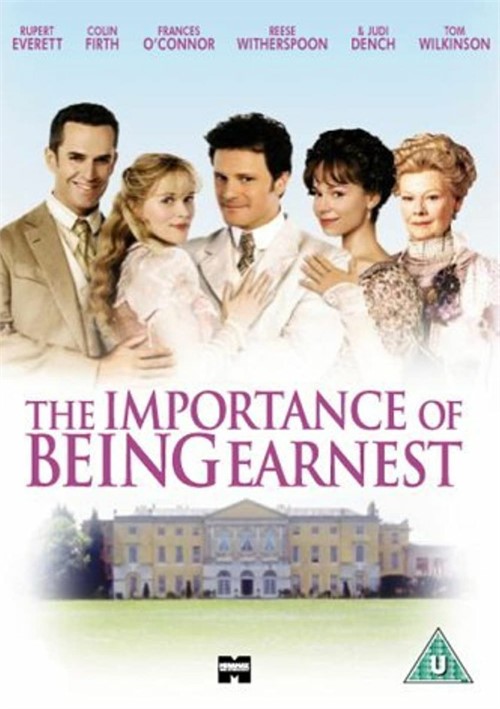"The Importance of Being Earnest" is a play written by Oscar Wilde that was first performed in 1895. It is a satirical comedy that pokes fun at the hypocrisy and shallowness of Victorian society. The play follows the story of two friends, Jack Worthing and Algernon Moncrieff, who both lead double lives in order to escape the constraints of their social obligations.
One of the key themes of the play is the importance of honesty and sincerity in human relationships. Despite the characters' penchant for deception and manipulation, Wilde ultimately shows that being earnest and truthful is the most valuable quality one can possess. Through the various misunderstandings and mistaken identities that occur throughout the play, Wilde highlights the absurdity of the social conventions that govern Victorian society.
Wilde's wit and clever wordplay make "The Importance of Being Earnest" a timeless and entertaining read. The play's sharp satire and biting social commentary continue to resonate with audiences today. Wilde's exploration of themes such as identity, class, and the nature of love make "The Importance of Being Earnest" a thought-provoking and insightful work.
Overall, "The Importance of Being Earnest" is a classic piece of literature that is as relevant and enjoyable today as it was over a century ago. Wilde's wit, humor, and keen observations of human nature make this play a must-read for anyone interested in exploring the complexities of society and relationships.

